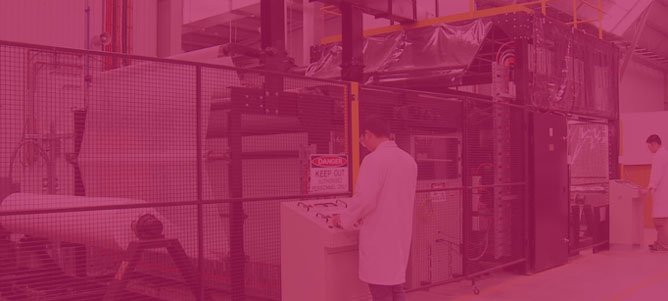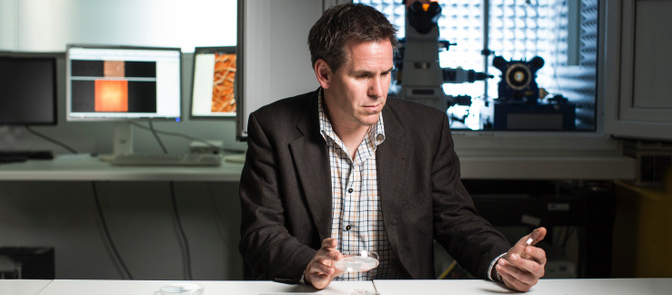General Induction date changes for August
The General Induction & Dangerous Goods Waste Management Induction scheduled for Monday, 7th August have been rescheduled.
Please check our Inductions and Training page for more information on upcoming training.
Seminar: Electrospinning at Deakin University
Date: 11:00-12:00 26 July 2017 Location: Melbourne Centre for Nanofabrication,
151 Wellington Road,
Clayton, 3168, Victoria
ANFF-VIC presents a series of talks at the Melbourne Centre for Nanofabrication on the electrospinning capabilities available at Deakin University’s Institute for Frontier Materials (IFM).
Register here via Eventbrite.
Electrospinning is a technique that uses electrostatic forces to draw out nanometre-wide fibres which can then be transformed into versatile materials. Applications for these nanofibres include filtration, smart fabrics, and battery technology.
The ANFF equipment available at the IFM includes two electrospinning machines – a lab-scale batch production system and a nine-metre-long, industrial-scale system capable of continuously producing two-metre-wide sheets at a rate of approximately 2kg/hour.
Speaker 1: Dr Hao Shao
Instrument Specialist – IFM
Introduction of coil-based needleless electrospinning machines
Dr Hao Shao is currently working as an Instrument Specialist in charge of needleless electrospinning machine maintenance, training and promotion work. He received his PhD the IFM, specialising in the development of mechanical-to-electrical energy harvesters, electrospinning technique and electrospinning machines.
Speaker 2: Dr Jian Fang
Research Fellow – IFM & ACES
Electrospun Nanofibres and Their Application in Mechanical-to-Electrical Energy Conversion
Dr Jian Fang is an expert on fibrous materials, electrospinning and electrospun nanofibres. His current research mainly focuses on electro-active fibrous materials for energy, environment protection and biosensing applications.
Speaker 3: Dr Haitao Niu
Research Fellow – IFM
Applications of electrospun nanofibres in supercapacitor and air filtration
Dr Haitao Niu’s research is in the area of advanced electrospinning, nanofibre industrialisation, nanofibre functionalisation and application.




